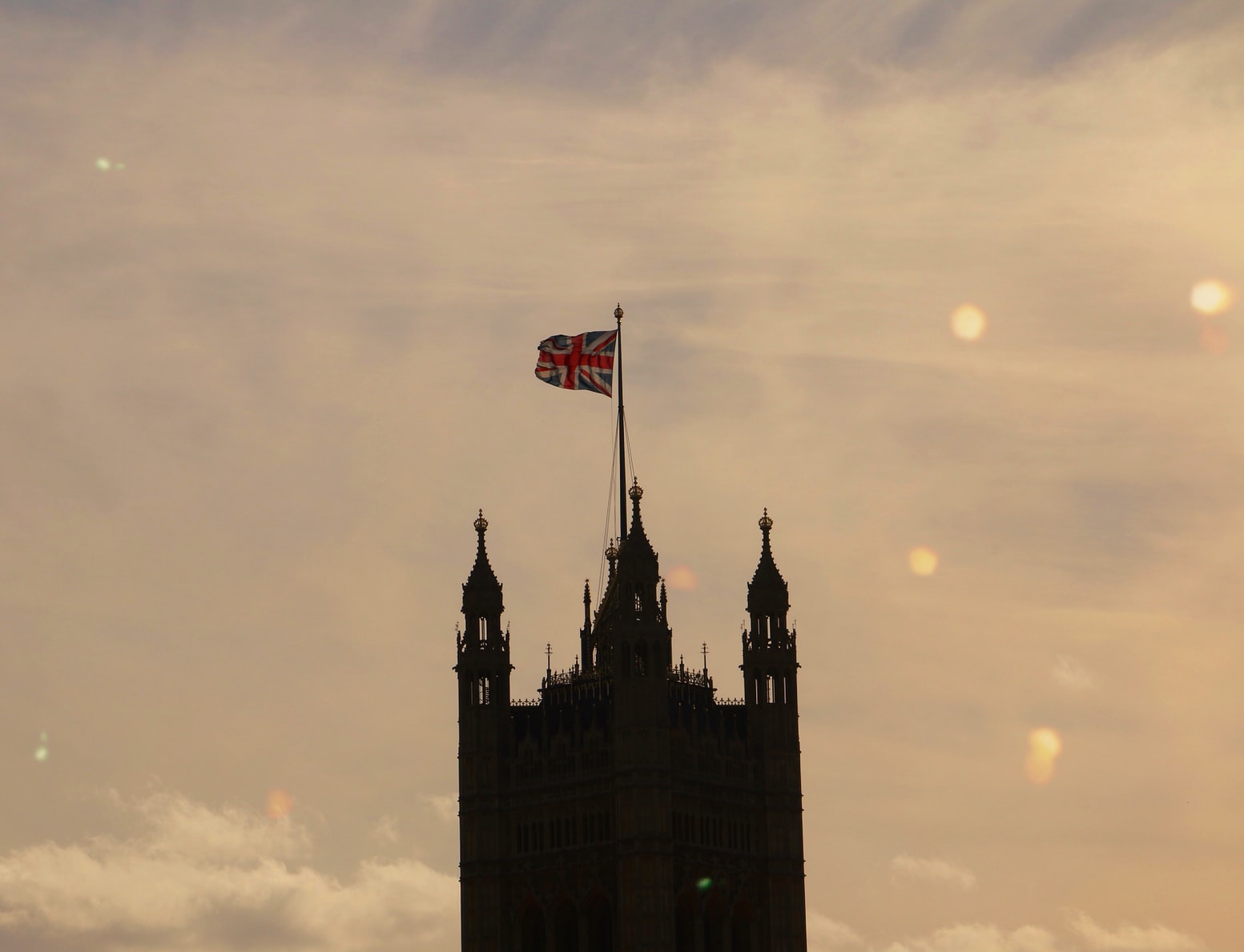This new constitutional reform is too radical for Keir Starmer to push. Starmer is simply not a bold enough leader, at least at this point in his tenure at the head of the Labour Party, to risk backing constitutional reforms which would not only alienate many of the voters he is trying to win over, but also risk the breakup of the United Kingdom that he one day hopes to lead.
The report, entitled Remaking the British State, proposes a number of significant reforms that would undoubtedly shake up British politics if it were ever enshrined. It hands more power to the devolved nations than ever before, effectively transforming the UK into a federal state, and greatly reducing the powers of the monarch. It is an English traditionalist’s nightmare.
There are certainly things to admire about the report; for instance, the abolition of the House of Lords. A unicameral parliament would arguably be a greater improvement, but replacing the Lords with a federal senate of the nations is certainly preferable to the current, antidemocratic system. It is also possible that handing extra policy-making powers to regional councils would finally allow the government to act on the “levelling up” agenda on which they were elected.
However, the elephant in the room is yet again Scottish (and to a lesser extent, Welsh) nationalism. Nicola Sturgeon, leader of the Scottish National Party, is not someone with whom you can compromise. She and her party have a singular goal, which is to enact the breakup of the United Kingdom, and for which she has been campaigning for over thirty years. Greater devolved powers will not stop the SNP from pushing Westminster to grant Scotland a second independence referendum; on the contrary, they will likely make the situation worse.
Scottish nationalism is unlike any other political force in the country. Nowhere has this been exemplified more than during COVID-19. In comparison with the British government, many commentators would argue that Sturgeon and her party have done an equally poor job of tackling the pandemic. Yet Sturgeon’s unique ability to take credit for Scotland’s successes, while being able to deflect blame for any failings onto Westminster, has seen her approval ratings soar. This is somewhat understandable. Nationalist separatism is dogmatic in nature, and it is uncommon for those with a similar conviction to Sturgeon to desert the cause.
The lack of alternative options in Scotland also does not help the Union. Boris Johnson and his Tories are widely unpopular north of the Border, Scottish Labour is currently in chaos, and the Liberal Democrats offer precisely nothing to anyone these days. If the nationalists win a landslide in this year’s Holyrood elections, as they look set to do, it will be more difficult than ever to resist calls for a second referendum.
Nevertheless, it is not impossible. There are currently two ways to kill off the nationalist juggernaut, both of which could potentially backfire. The government can stand firm in rejecting a second independence referendum by employing the once-in-a-generation argument, and by adequately exposing the SNP’s recent failings in the hope that the electorate will once again begin to turn to unionist parties. However, this strategy risks further loss of Scottish voters, should they see the government’s actions as undemocratic and unfair.
The alternative is to grant the nationalists a second referendum, run a strong campaign and pray that Scotland chooses to remain in the United Kingdom again, as they did in 2014. This strategy is more precarious still, and risks collapsing the union entirely. Since the last general election, the majority of opinion polls have indicated a very slight swing in favour of Scotland becoming independent. Preserving the Union has never been trickier.
In short, anyone hoping to be prime minister of a United Kingdom in a few years’ time would be wise not to back the new report. Devolution has, in Boris Johnson’s own words, been “a disaster”; it has, at least, for those who wish to maintain the United Kingdom.
Alex Howe
Image source: Unsplash

